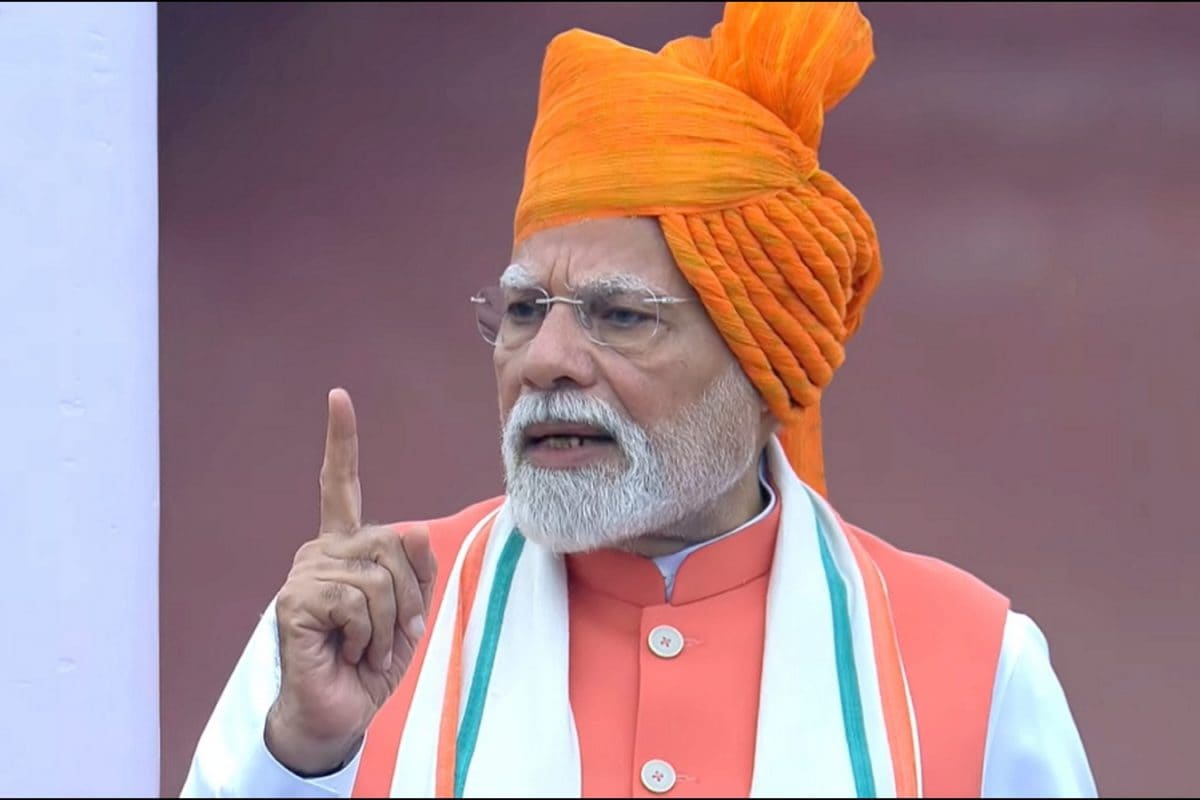

During his Independence Day speech, Prime Minister Narendra Modi announced India's commitment to building its own space station, highlighting the nation's growing capabilities in the space sector. He proudly mentioned astronaut Shubhanshu Shukla's successful 18-day mission to the International Space Station (ISS), emphasizing his safe return and imminent arrival back in India.
PM Modi affirmed that India is actively working towards becoming self-reliant in the space sector. He noted the significant progress made with the Gaganyaan mission, India's flagship human spaceflight program, and the ambitious plans to establish the 'Bharatiya Antariksh Station' (BAS).
The Indian Space Research Organisation (ISRO) has been steadily advancing its space program, with plans to launch the first module of the space station by 2028 and complete it by 2035. This timeline was adjusted due to delays caused by technical issues related to the Gaganyaan mission and the COVID-19 pandemic. The space station is planned to be a 52-tonne modular structure orbiting approximately 400 kilometers above Earth, capable of housing astronauts for 3-6 month stays.
ISRO Chairman S. Somanath revealed that the designs for the Indian Space Station are in the final stages as of February 2024. Developmental tests are expected to commence from 2025. The U R Rao Satellite Centre (URSC) in Bengaluru will handle the production of electronics for the station, while the Vikram Sarabhai Space Centre (VSSC) will contribute to hardware development. The station is designed to accommodate two to four astronauts. A unique docking port is being developed to ensure compatibility with the ISS.
The Union Cabinet, under PM Modi's leadership, approved the development of the Bharatiya Antariksh Station's initial module, BAS-1, on September 18, 2024. The launch of BAS-1 is part of the redesigned Gaganyaan program, which is slated for completion by December 2028.
India's space ambitions extend beyond the space station. ISRO aims to send an astronaut to the moon by 2040. These missions will solidify India's position among the leading spacefaring nations.
India's space journey has seen remarkable progress, from launching smaller rockets to now building rockets as tall as 40-story buildings capable of carrying payloads of up to 74,000 kilograms. India's space program began modestly, but has achieved significant milestones. The Chandrayaan-1 mission in 2008 discovered water molecules on the moon. The successful landing of Chandrayaan-3 near the Moon's South Pole in 2023 made India the first country to achieve this feat. In January 2025, ISRO accomplished its 100th rocket launch, showcasing its indigenous cryogenic engine technology.
Axiom Space, which facilitated Shubhanshu Shukla's ISS mission, is looking to strengthen its partnership with India through additional human spaceflights and its space station program. Axiom Space is targeting 2027 for the first module of its commercial space station to connect to the ISS, with additional modules planned each year.